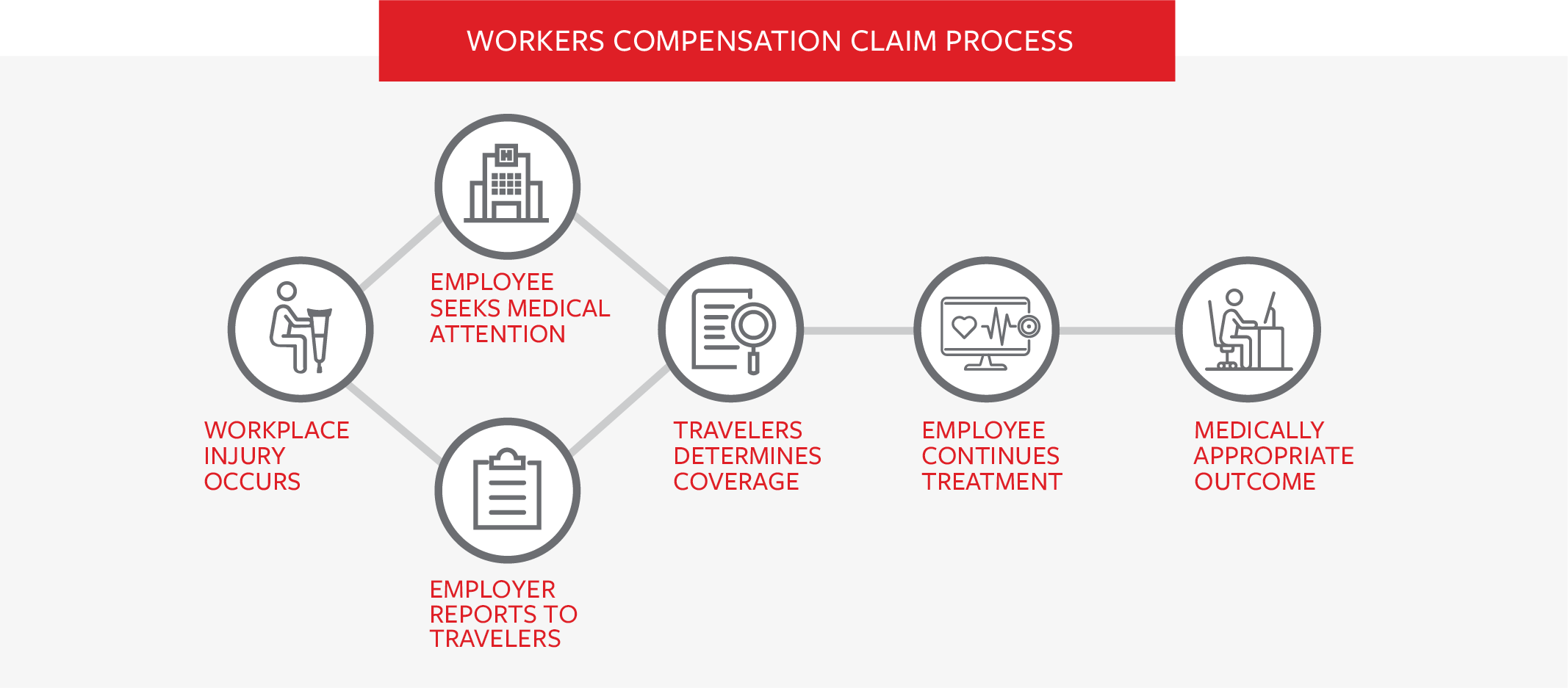Not known Incorrect Statements About Workers' compensation - Wikipedia


What If I Die Before My Workers' Compensation Claim Is Over?
The Facts About Workers' Compensation Research Revealed
What Is Workers' Compensation? Workers' settlement, commonly referred to as "workers comp," is a government-mandated program that supplies advantages to employees who become injured or ill on the task or as an outcome of the job. It is effectively a disability insurance coverage program for workers, providing money advantages, healthcare benefits, or both to workers who suffer injury or health problem as a direct result of their tasks.

What Are Workers' Compensation Benefits? - Enjuris Blog - Find Answers and Share Your Accident's Story
The needed benefits differ considerably state by state. Texas is the only state that does not require employers to maintain workers' compensation insurance. Key Takeaways Workers' settlement is a kind of company insurance coverage that pays benefits to employees who are injured or become handicapped as an outcome of their task.
The payment might consist of partial wage payment and coverage of medical expenses. Workers' compensation is not the like joblessness advantages or special needs insurance coverage. Understanding Read This may include partial wage replacement for the period during which the worker can not work. The benefits may also include reimbursement for healthcare services and occupational therapy.
Fascination About Workers' Compensation Insurance - NYC Business - NYC.gov
Each state has a Workers' Compensation Board, a state agency that supervises the program and intervenes in disagreements. There are federal workers' settlement programs that cover federal employees, longshore and harbor employees, and energy staff members. Another federal program, the Black Lung Program, manages death and disability benefits for coal miners and their dependents.
Some states, for instance, omit small businesses from the required for coverage. Others have different requirements for various industries. The National Federation of Independent Organizations (NFIB) maintains a summary of each state's employee payment requirements. The salary replacement paid a staff member under workers' compensation is generally less than the person's complete salary.
Employees' compensation benefits are not usually taxable at the state or federal levels, compensating for much of the lost income. Taxes might be due to recipients who also have income from the Social Security Disability or Supplemental Security Income programs. Most payment plans use protection of medical expenses only related to injuries sustained as a direct result of work.

